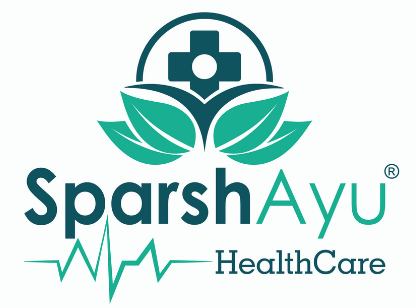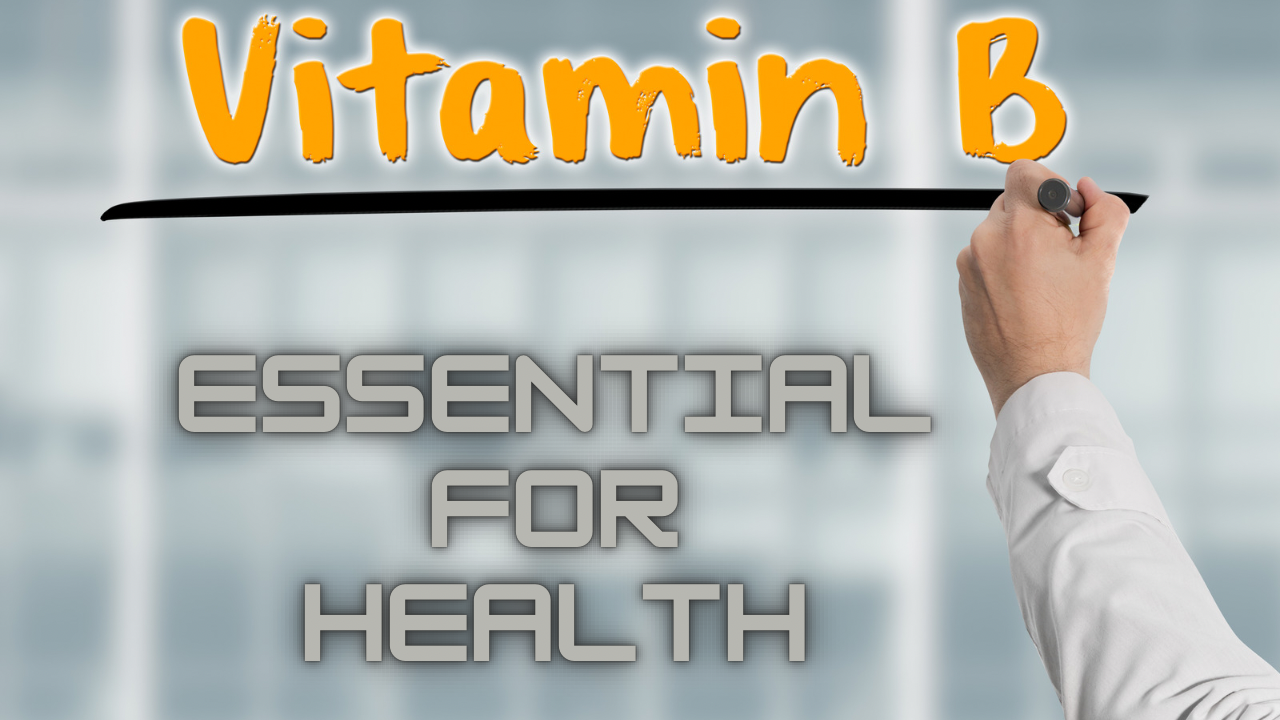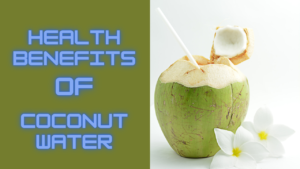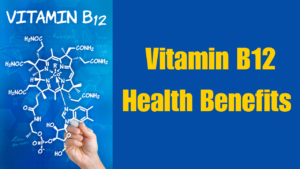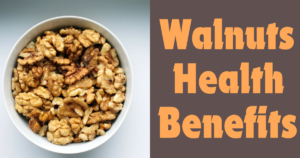Introduction
Good health is the foundation of a happy life. With the hustle and bustle of modern life, it can be challenging to maintain optimal health. Our bodies require essential vitamins and minerals to function correctly, and Vitamin B is one of them. In this blog post, we will explore the importance of Vitamin B, its functions, sources, benefits, deficiency symptoms, and much more.
Definition of Vitamin B
Vitamin B is a group of water-soluble vitamins essential for human health. It includes eight different types of vitamins, namely B1, B2, B3, B5, B6, B7, B9, and B12. Each of these vitamins has a unique function and benefits for the body.
Why Vitamin B is Essential for Health
Vitamin B plays a vital role in maintaining optimal health. It helps convert food into energy, supports the immune system, aids in proper brain function, and promotes healthy skin, hair, and nails. Let’s take a closer look at some of the key functions of Vitamin B.
Functions of Vitamin B
- Helps convert food into energy
- Supports the immune system
- Aids in proper brain function
- Promotes healthy skin, hair, and nails
- Regulates mood, sleep patterns, and stress levels
- Enhances the production of red blood cells and DNA
Types of Vitamin B
- Vitamin B1 (Thiamine)
- Vitamin B2 (Riboflavin)
- Vitamin B3 (Niacin)
- Vitamin B5 (Pantothenic Acid)
- Vitamin B6 (Pyridoxine)
- Vitamin B7 (Biotin)
- Vitamin B9 (Folate)
- Vitamin B12 (Cobalamin)

Sources of Vitamin B
Vitamin B is found in a variety of foods, including meat, fish, poultry, eggs, dairy products, leafy green vegetables, whole grains, legumes, and nuts. Some types of Vitamin B can also be obtained through supplements.
Vitamin B Deficiency
Vitamin B deficiency occurs when the body does not get enough of one or more of these essential vitamins. Let’s explore some of the causes, symptoms, and risks associated with Vitamin B deficiency.
Causes of Deficiency
- Poor diet or malnutrition
- Digestive disorders that impact absorption
- Chronic alcoholism
- Pregnancy and lactation
- Vegetarian or vegan diet
Symptoms of Deficiency
- Fatigue and weakness
- Tingling or numbness in the hands and feet
- Anemia
- Skin rashes or lesions
- Digestive issues
- Memory loss
- Depression and other mood disorders
Risks and Consequences of Deficiency
Vitamin B deficiency can lead to a range of health problems, including anemia, cognitive impairment, mood disorders, an increased risk of infections, and birth defects in pregnant women.
How to Naturally Boost Vitamin B Intake
The best way to obtain Vitamin B is through a healthy diet. Here are some tips for naturally boosting your Vitamin B intake:
Diet Tips for Incorporating Vitamin B-Rich Foods:
- Eat a variety of fruits and vegetables
- Include lean meats, fish, and eggs
- Choose whole grain products
- Incorporate legumes and nuts
Vegetarian and Vegan-Friendly Sources of Vitamin B :
- Soy milk and tofu
- Fortified cereals
- Nutritional yeast
- Beans and lentils
Conclusion
Vitamin B is essential for maintaining optimal health and wellbeing. It offers many benefits, including increased energy levels, boosted immune system, improved mental health, enhanced cardiovascular health, and prevention of certain cancers. While most people can obtain enough Vitamin B through a healthy diet, some may require supplements. It is essential to choose the right type, follow the recommended dosage, and consider potential interactions with other supplements and medications. By incorporating Vitamin B-rich foods into your diet and making conscious choices, you can boost your energy and immunity naturally.
To get deeper understanding and treatment ,consult with ayurvedic doctor .To book appointment , just contact us at +91 8256003636
